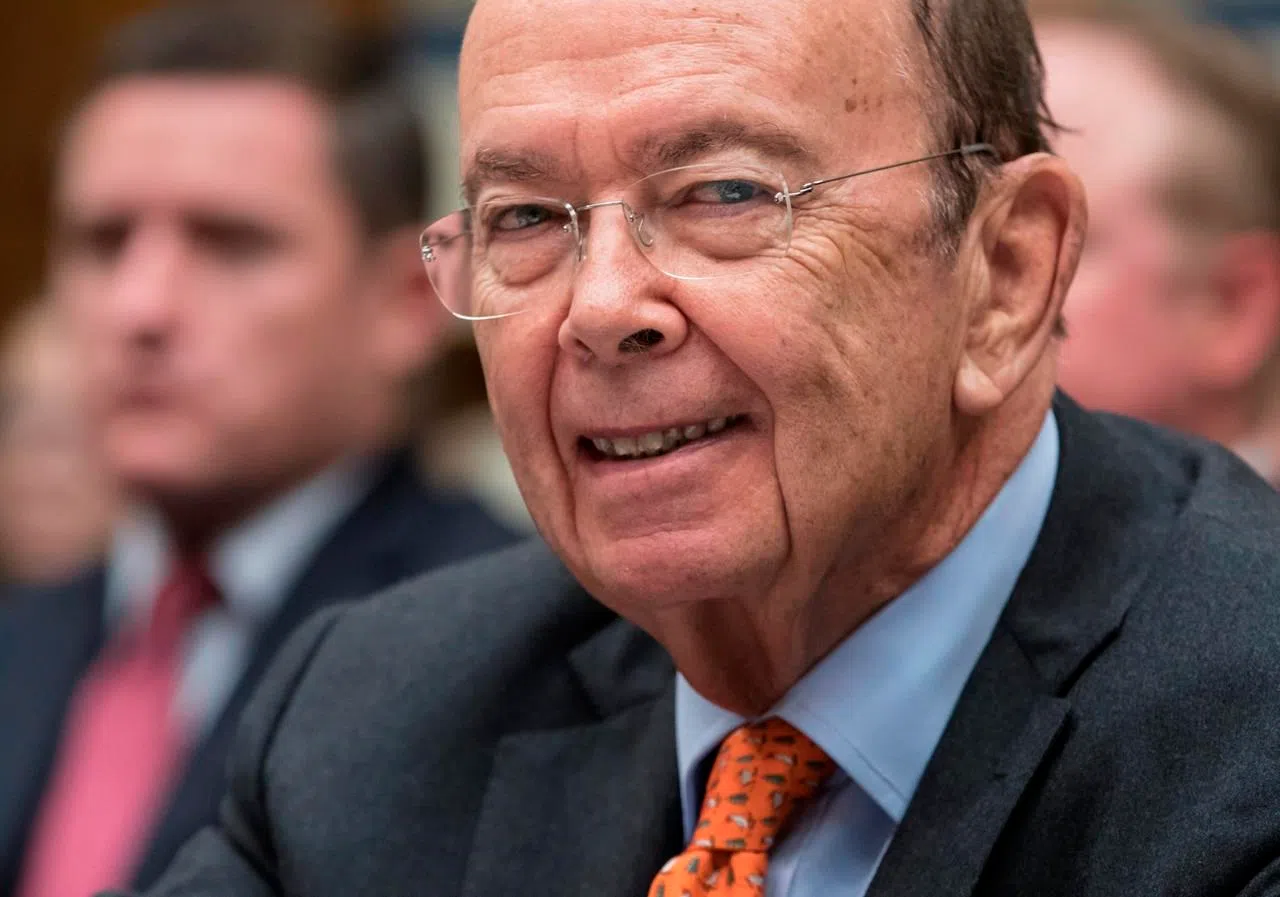
Trump tax plan paints pretty picture for art collectors
WASHINGTON — For art aficionados, President Donald Trump’s tax plan paints a pretty picture.
The president’s tax overhaul proposal — which he has pitched as a boost for hardworking farmers and truckers — would repeal the federal estate tax paid by people who inherit multimillion-dollar estates. That break could benefit art collectors gazing upon pricey collections of Rothkos and Basquiats.
Under current rules, the first $11 million of an estate is exempt for a married couple. Art lovers with pricier collections may seek to lessen the tax liability for their heirs by selling or donating their art or placing it in a trust. Otherwise, their heirs may end up selling off art to pay the IRS.
Without the estate tax, it would be easier for people to keep collections in the family. Such a shift in the tax rules could have a ripple effect on the art market and slow the flow of art from private homes to museum walls.
